B
Why is clean water so important to developing countries? A recent report shows that about 80 percent of diseases in developing countries are caused by poor water and low sanitation(卫生)conditions. In those countries, women and girls spend several hours collecting water, but often polluted, far away from their fa milies. The polluted water more or less influences their health. In this case, there is an urgent(迫切的)need for people in developing countries to have access to(有机会或权利使用)clean water to improve their health. Here is a short story about Hadjara Zakari, a 12-year-old girl in Niger. Having access to clean water changed her life. She learned about the importance of hand-washing when the school first received clean water three years ago. That evening, she told her father, “You shouldn’t eat with me unless you clean your hands.” Her father was very angry and shouted at her, “It’s not up to you to tell me what to do!” Stunned(目瞪口呆的),Hadjara SAT in silence. But she knew she was right. In protest, Hadjar a refused to eat dinner that night. After her father questioned Hadjara’s head teacher, he understood the importance of hand-washing and his daughter’s intentions(目的). The girl really wanted her family to live longer and healthier lives. For people in developing countries, clean water can change many things, especially improve their health. So, from now on, let’s avoid wasting water and take ACTion to save water, which is important to people all over the world.
51.According to the recent report, poor water and low sanitation conditions can cause _______. A.traffic problems B.forest fires C.many illnesses
52.The key to improving people’s health in developing countries is _______ in Paragraph 1. A.to get clean water B.to exercise often C.to refuse drugs
53.What can we infer(推断)from Paragraph 2? A.Hadjara laughed at her father’s foolishness. B.Hadjara refused to eat dinner that night in order to lose weight. C.Hadjara’s father understood his daughter’s love and care for him later.
54.The underlined word “protest ” in this passage means _______. A.抗议 B.保护 C.节约
55.The purpose of the writer is to _______ A.teach people how to wash hands B.call on people all over the world to save water C.show developing countries rich in clean water
C
It was a Christmas night. I was an unlucky nurse who had to work on such a beautiful festival. When I was complaining(抱怨)about it, three people appeared at my desk — a tired woman and two children. “Are you all sick?” I asked doubtfully because they seemed all right. “Yes,” the woman answered weakly and lowered her head. But when they started to present their problems, things became unclear. One child had a fever, but his temperature was OK. The other child had an earache, but she could not tell me which ear hurt. It seemed that the mother was pretending(假装)to cough. Something was wrong. But I only explained that it might take a while before a doctor could meet them. “Take your time, please,” said the mother. I checked their charts — no address. Suddenly I knew, they were homeless while the hospital was warm. The family huddled(蜷缩)together under the Christmas tree, smiling and talking with each other sweetly. Quietly, I went back to the nurses’ station and told them what happened in the waiting room. It was just like God sending us a gift on Christmas Day. The nurses’ station suddenly came back to life. All the nurses went into ACTion for “a Christmas emergency(急诊)”. We took out our meals for our Christmas “patients”. We also put together oranges and apples as presents. We tried to exceed the needs of a family who only wanted a warm place on Christmas night. Later, the little girl kissed me and said, “Thanks for being our angel(天使).”
56.Before the family appeared in the hospital, the writer was very_______. A.proud B.unhappy C.pleased
57.The family came to the hospital because________. A.they came to visit a patient B.they were all sick C.they were homeless
58.The nurses offered the family meals and gifts in order to _______. A.make them feel at home B.make them leave C.make them feel upset
59.What does the underlined word “exceed ” in this passage mean? A.降低 B.超出 C.拒绝
60.From the story, we learn that_________. A.homeless people often tell lies B.a hospital is a good place to spend Christmas night C.we should always be friendly and kind to those in need
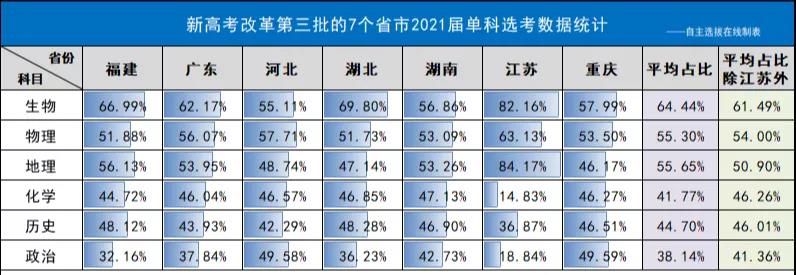
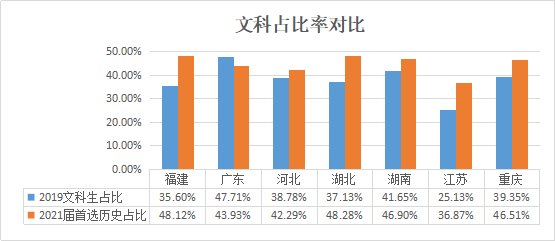
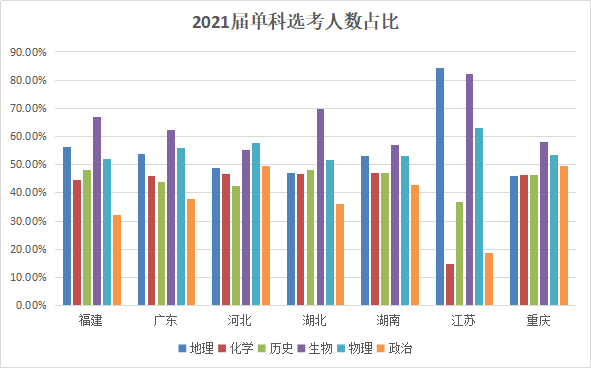









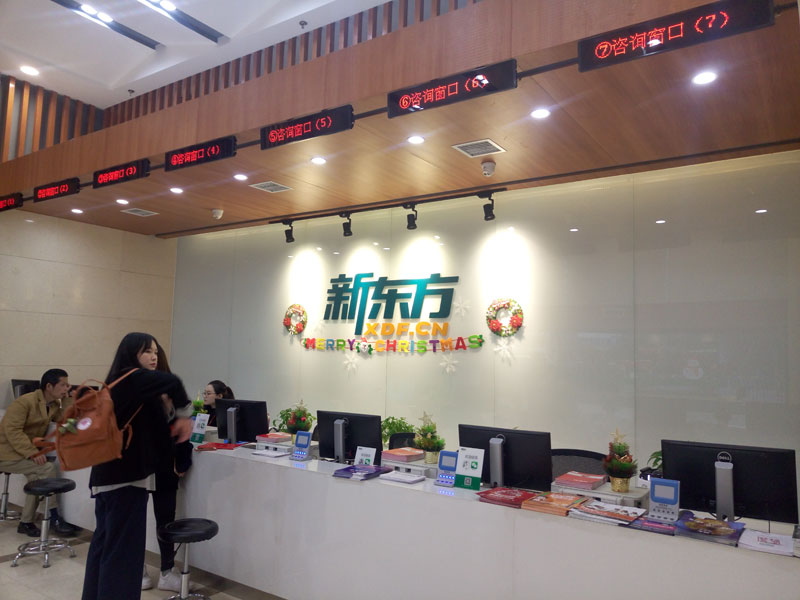
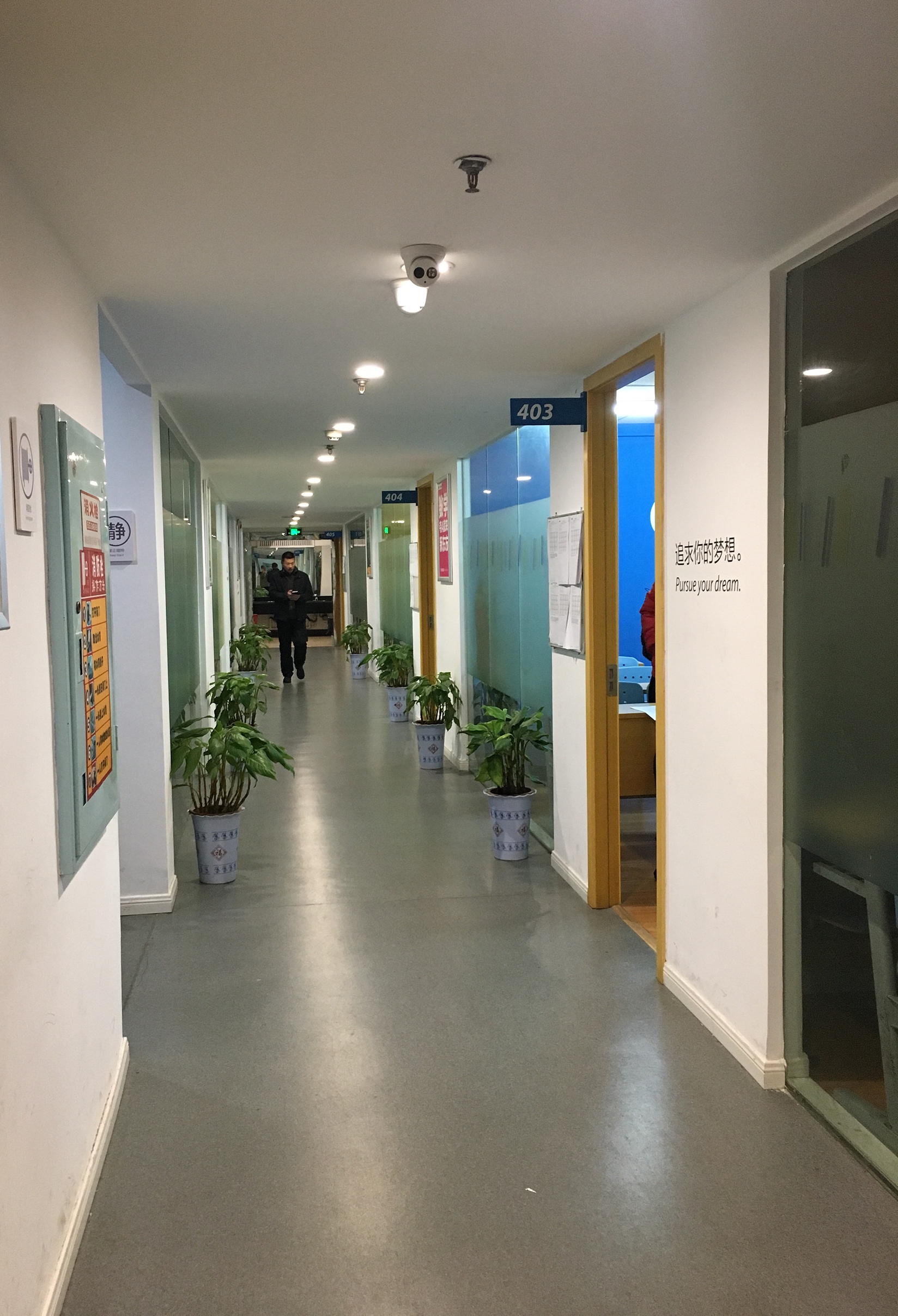
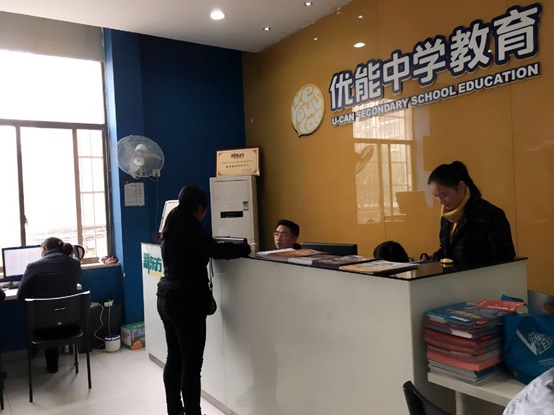
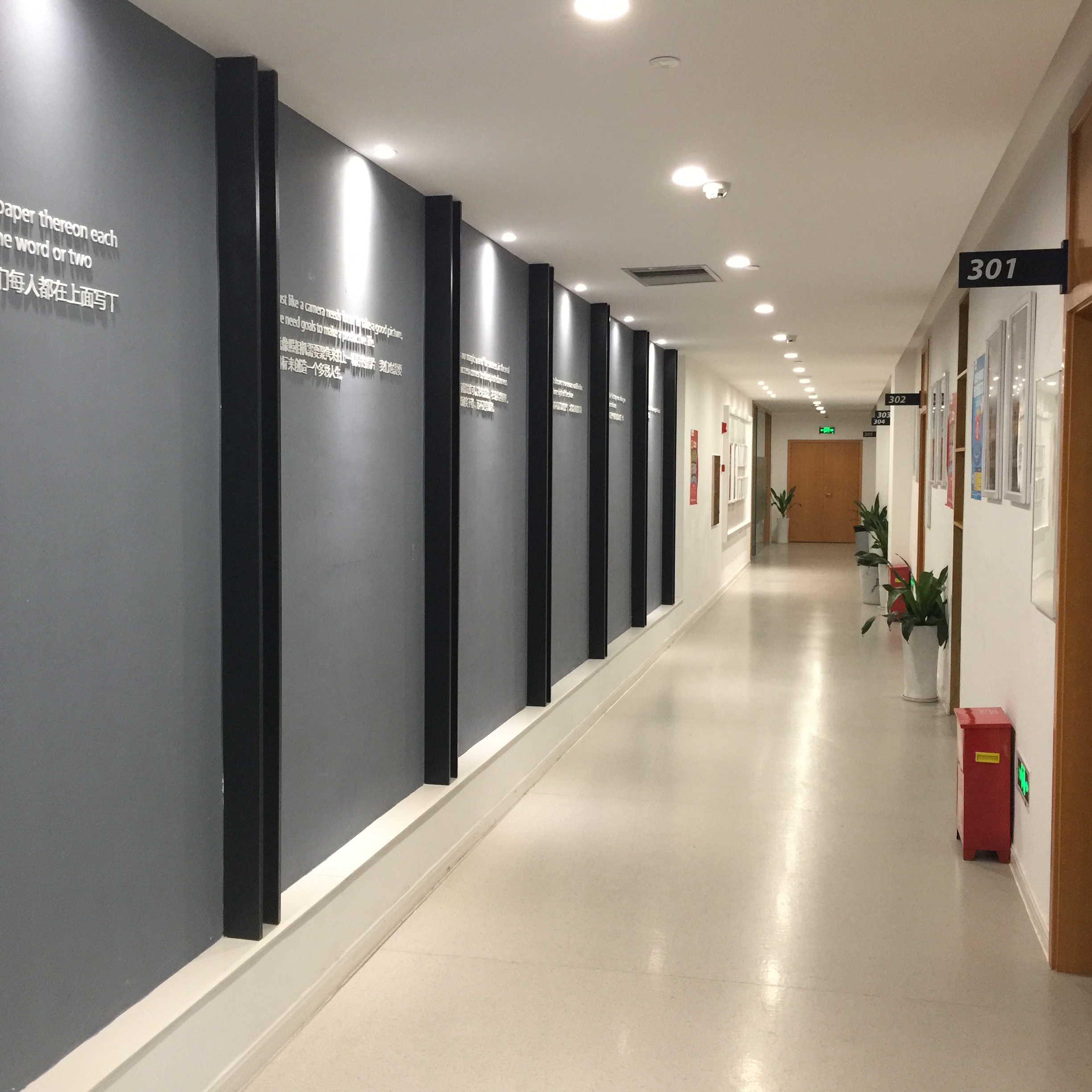





 京公网安备11010802021790号
京公网安备11010802021790号









 学习资料
学习资料
